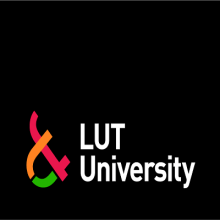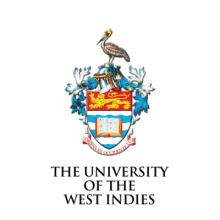
The clock is ticking and just two weeks remain before the 15 October deadline on applications to study at Oxbridge or for a medical degree. Perhaps you have left it late through indecisiveness or because of extraneous circumstances. Regardless, if your heart is set on a degree in one of these areas but you have yet to complete the application process, here is some last-minute advice.
This year’s application journey is a little different due to the pandemic, although not as much as you may think. Unfortunately it is too late to book for a (virtual) open day at this point, which we usually recommend to reinforce your choice of university. So before you begin any paperwork it is worth going over your research one last time to pick the right course for you.
Oxbridge
Oxford and Cambridge are the two oldest and wealthiest universities in Britain. You may have a preconceived idea of what they look for in a candidate but rest assured, the admissions teams are looking for students from all social and educational backgrounds.
The key thing to get right at this point is the supporting information you provide aside from your academic record. The Oxbridge colleges are looking for the best and brightest, and while thousands of applicants may have aced their exams, not everyone is at the same level in non-academic endeavours.
Use all relevant volunteering and work experience to demonstrate your commitment to your chosen field and a proactive approach to the world of work. The personal statement plays a big role in helping the admissions teams identify candidates with Oxbridge potential.
This year’s interview process will be conducted remotely to ensure safety. Use these next few weeks while working on your application to dive into wider reading based on the subject you wish to study. Possessing the ability to draw upon knowledge in the interview itself can help set you up for success.
The final activity you should begin right now is practise admissions tests. These are carried out online and must be completed in advance of an interview. It is possible to practise for these tests and it is a good idea to do in advance.
Oxbridge and the Ivy League: tips for applications
What I learnt from applying to Oxbridge
Tips for acing your University of Oxford interview
How to craft the perfect application for a medical degree
7 tips to stand out to medicine admissions tutors
Medical courses
A career in medicine is not a path chosen lightly. It is a long arduous journey of study ahead, but it all begins with just one application form.
With just two weeks until the deadline, much of the advice for Oxbridge applicants rings true here, although there are a few nuanced differences to consider.
The first is that the required admissions tests are administered independently. In the UK you will be faced with the digital United Kingdom Clinical Aptitude Test (UKCAT) and a written exam called the BioMedical Admissions Test (BMAT). These tests will check your core strengths in several areas where answers cannot be picked up from a textbook.
That being said, past tests can be used to gain an understanding of what might be covered in this year’s exams. While you cannot memorise answers, you should familiarise yourself with the format and process. Entering the exams knowing what to expect should alleviate the nerves likely to plague you.
A career in medicine requires dedication, concentration and attention to detail. Therefore, be sure to check your personal statement numerous times with plenty of proofreaders going through it for you. Spelling mistakes in your first introduction to the admissions team does not paint the best picture.
The last thing you can begin preparing for right now is the interview process. These come in two forms, the traditional interview involving a one-to-one meeting, and through a number of mini interviews (MMIs). If you get to this stage, you will be informed of your interview ahead of time. MMIs involve several interviewers who will ask you to answer questions or solve problem scenarios in a set amount of time.
Stay ahead of the latest medical industry news and prepare for scenarios designed to try and trip you up.
There is nothing more to say than good luck! You have chosen to apply to some of the country’s most prestigious universities and with a tight squeeze before the deadline you’d better start preparing.
Read more: Best universities for medicine




















Have your say